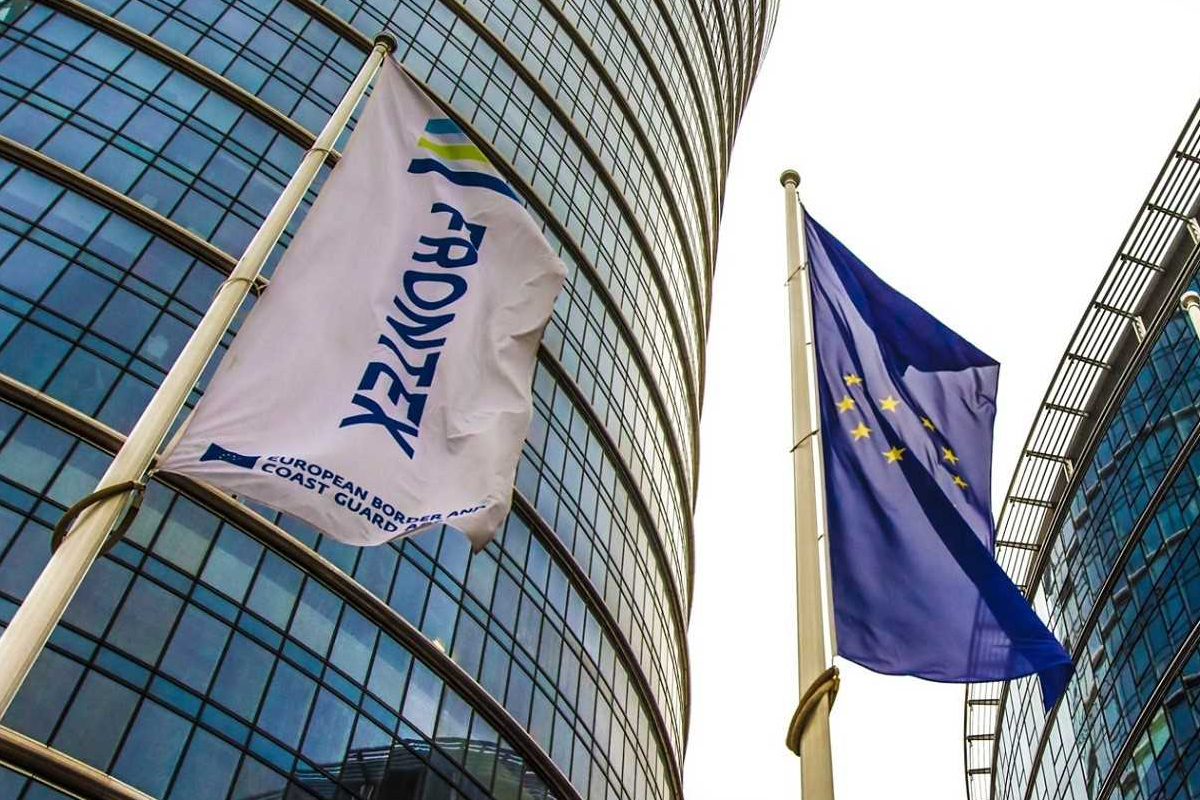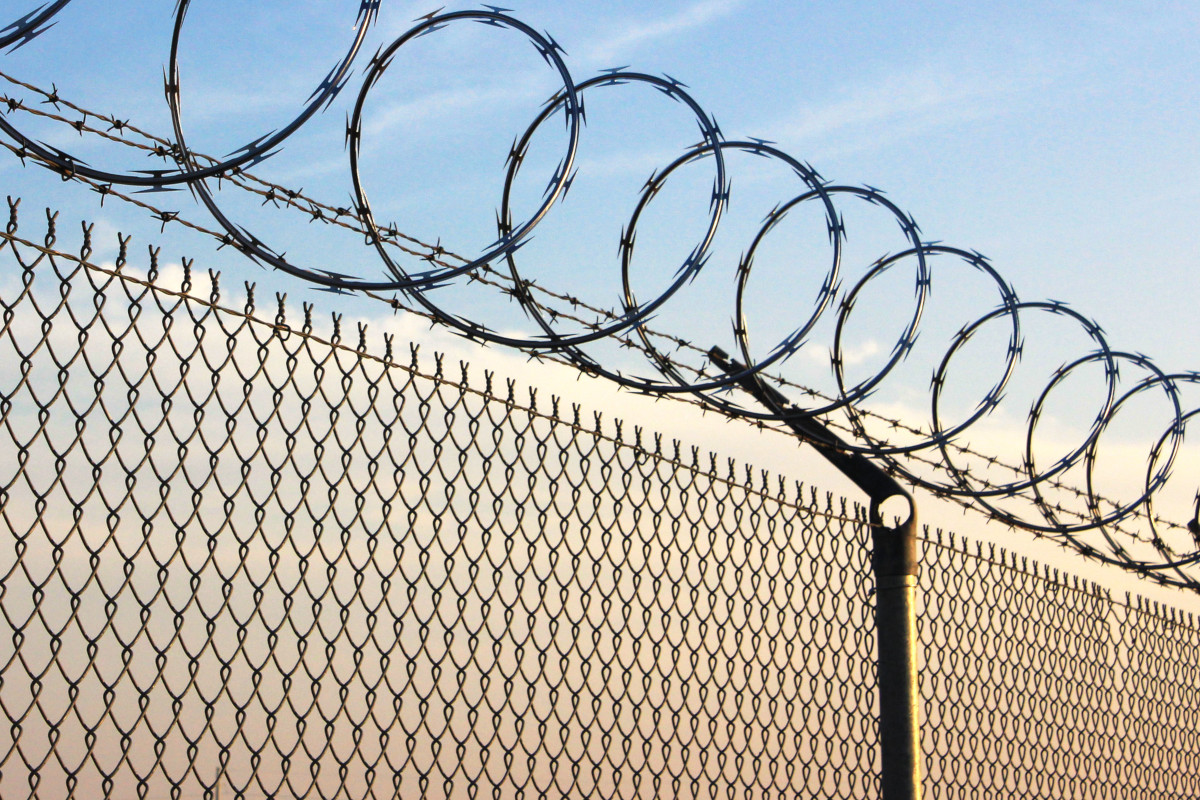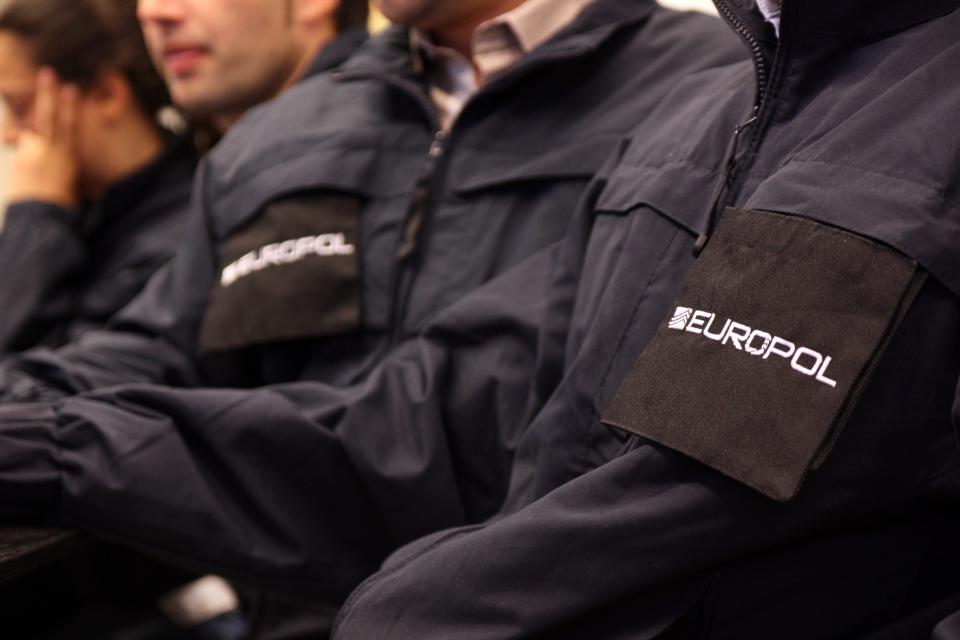Frontex: newly-published document highlights parliamentary inquiry's limits
Topic
Country/Region
27 July 2021
The Frontex Scrutiny Working Group (FSWG) published its final report of a four-month fact finding investigation into alleged violations of fundamental rights on 15 July. This annex to the report highlights the limitations of the investigation.
Support our work: become a Friend of Statewatch from as little as £1/€1 per month.

The report: WORKING DOCUMENT: Report on the fact-finding investigation on Frontex concerning alleged fundamental rights violations (full text and pdf)
The annex: draft ANNEX to report FSWG (full text and pdf)
See our news story: Frontex has failed on fundamental rights, says European Parliament scrutiny group
The annex to the report produced by the Frontex Scrutiny Working Group of the European Parliament's civil liberties (LIBE) committee includes an overview and summary of the exchanges of views held in the course of the inquiry.
The document was supported by the majority of Scrutiny Group members. Notably, it did not have the support of The Left (GUE/NGL), based on the principle that an annex should be factual and contain the contents of an investigation. However, not only are the submissions made by numerous civil society organisations not reproduced in the annex, not all of them are even named.
Though it was sent to journalists shortly after publication of the Working Group's fact-finding report, it was not formally announced. Since then, the annex has not received much press attention - possibly because it is only seven pages long and shares only summaries of the investigative process, rather than the evidence reviewed in its entirety.
While the report made numerous strong recommendations on improvements to fundamental rights measures by Frontex (and while some members have expressed their belief that such measures are beyond the ability or will of the agency's current executive director, Fabrice Leggeri), there were significant limits to the fact-finding scope of the investigation.
For instance, a mission to Warsaw was conducted virtually, from Brussels, at the last minute. This was, of course, due to measures to reduce contact during the Covid-19 pandemic. However, other such missions, such as that conducted by the European Court of Auditors, have taken place physically.
The annex documents by omission the absence of witness testimony from victims of the alleged violations of human rights, despite efforts made by some parliamentary groups to include them. According to sources, the political majority within the group, which is chaired by European People's Party (EPP) member Roberta Metsola, meant that key expert witnesses were not invited to hearings, and the topical scope of the four-month fact-finding mandate was limited.
One guest who was invited, a former representative of the Armed Forces of Malta, is described as clarifying that "he cannot speak about any current Frontex operation [as] he retired from the Maltese Armed Forces in 2015," long before the incidents under investigation by the group took place.
The annex also provides further information about the groups who submitted evidence to the FSWG via email. This meant that as well as responses to questions by the Commission, Frontex and the Management Board, other interested parties (including Statewatch) were able to submit evidence to the investigation.
Among these were the European Council on Refugees and Exiles' (ECRE) proposals for strengthening non-judicial mechanisms for scrutiny of Frontex, as well as:
"The Greek Helsinki Monitor submitted its criminal complaint to the Supreme Court Prosecutor calling for the investigation of 147 cases of illegal, violent, racist pushback or deportation of 7000+ foreigners in March-December 2020."
The contents of the annex are as follows:
- Mandate adopted by the LIBE coordinators on the 23rd of February 2021
- Overview of exchanges of views
- Summary of exchanges of views
- Summary of the virtual mission to Frontex Headquarters
- List of relevant reports and documents submitted to or examined by the FSWG
- Summary of the Management Board conclusions on the FRaLO WG inquiry
- Report by the European Ombudsman - list of suggestions for improvements endorsed by the FSWG
- Summary of the Court of Auditors Special Report 08/2021
- Overview of relevant legal provisions used in the report.
The full text is reproduced here.
This article was edited on 5 August 2021 to reflect continued reporting.
Our work is only possible with your support.
Become a Friend of Statewatch from as little as £1/€1 per month.
Spotted an error? If you've spotted a problem with this page, just click once to let us know.

